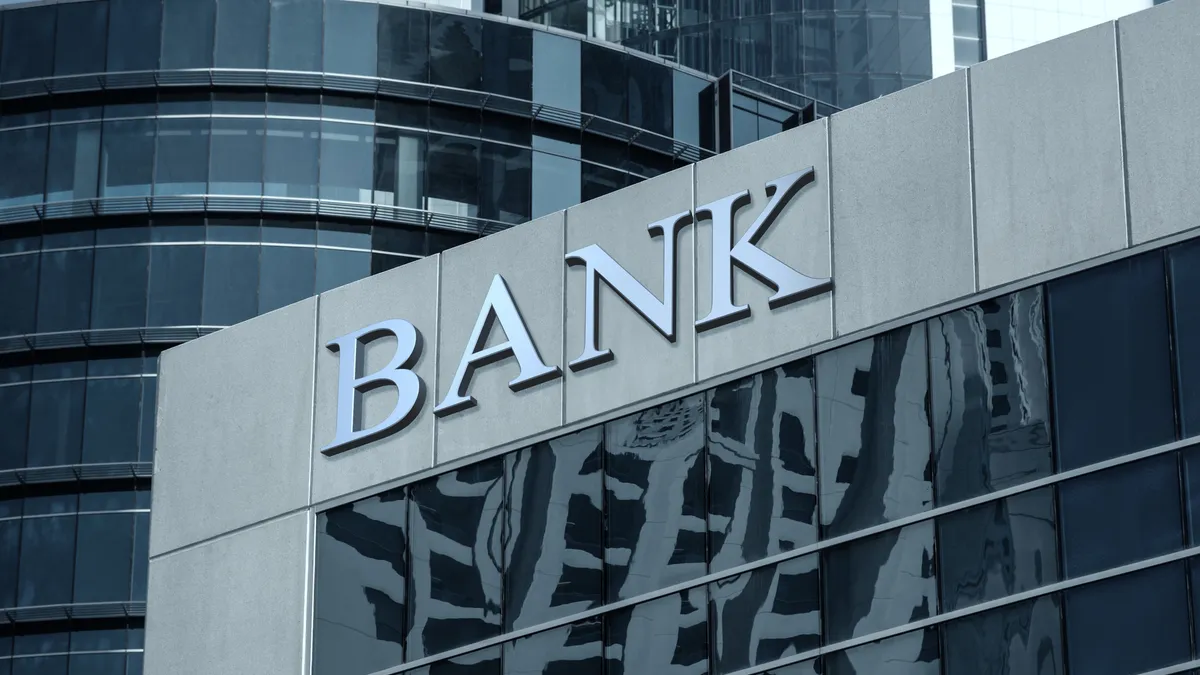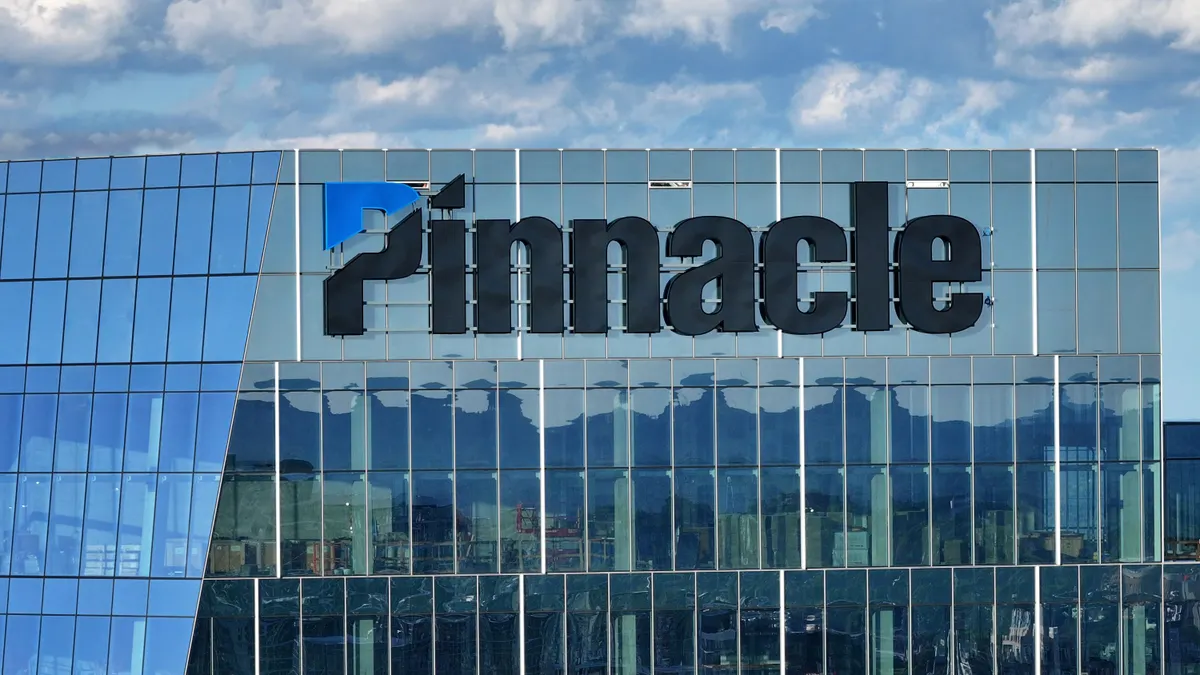Dive Brief:
- The Financial Data Exchange asked the Consumer Financial Protection Bureau last week to be recognized as an organization permitted to set standards for financial companies seeking to offer open banking services to consumers. Such permission “will lend additional weight to the standards FDX issues,” the company said in a news release Sept. 23.
- FDX, a nonprofit, will establish benchmarks that banks and fintechs must attain before letting consumers share personal details from their bank accounts and spending histories with other financial institutions.
- The organization, which is based in Reston, Virginia, also named Kevin Feltes as its first CEO. Feltes, who will take the reins in November, is the head of partnerships and strategy for connected banking at JPMorgan Chase.
Dive Insight:
FDX, founded in 2018, has a governing board made up of executives from banks and fintech companies, in addition to officials from consumer advocacy groups.
The organization sets standards for sharing data between consumers and financial institutions in the U.S., and is also looking to become the standard-setting body in Canada.
The Consumer Financial Protection Bureau in June laid out the qualifications necessary for the industry’s eventual standard setters, which will include consumer groups, app developers and financial companies.
Industry standard-setting organizations must not be rigged in favor of industry players and must have transparent and publicly available decision procedures, CFPB Director Rohit Chopra said previously. Decisions made by standard setters must be balanced and by consensus, with due process and appeals, the agency added.
“In other markets, standards have largely been set up by regulators," Tom Carpenter, senior vice president for open banking at Mastercard, said in an interview. “In 2018, we said 'we think there's a better way here.'”
A group made up of industry professionals can more easily change the regulatory framework in response to developments like new technologies, he said.
Open banking lets consumers share granular financial details with banks, credit card companies and other financial institutions. Someone who wants a loan, for example, can share their credit card statement and their checking and savings account history so a potential lender knows how that person spends money and how much money he or she has.
“Open banking allows consumers and small businesses to access and leverage their financial data for their own benefit,” Carpenter said.
Giving financial institutions easy access to financial details provides several additional advantages for consumers, including easier movement between financial service providers, he said.
“You'll be able to put your financial data in a suitcase and walk down the street if you find a better service or better rates,” Carpenter said.
The CFPB made this possible last October by proposing to establish rules governing open banking in the U.S. by next month.
A three-week period allowing for public comment on FDX's application has begun. The agency will then determine if FDX is balanced, transparent and has a clear procedure for due process for appeals of its determinations. “We anticipate a short window before a decision,” Carpenter said.
FDX picked Feltes as its new CEO specifically for his experience in open banking, the organization said in its news release. Feltes has worked to promote safe consumer data sharing and was involved in JPMorgan’s preparations for the CFPB’s upcoming open banking rules.
“The impact we can have is really immense in my view,” he said in an interview. “We have millions of consumers and small businesses that want to be able to safely share their financial data so they can use apps and tools they chose, and live better financial lives. Making that possible requires a lot of coordination in the industry.”














